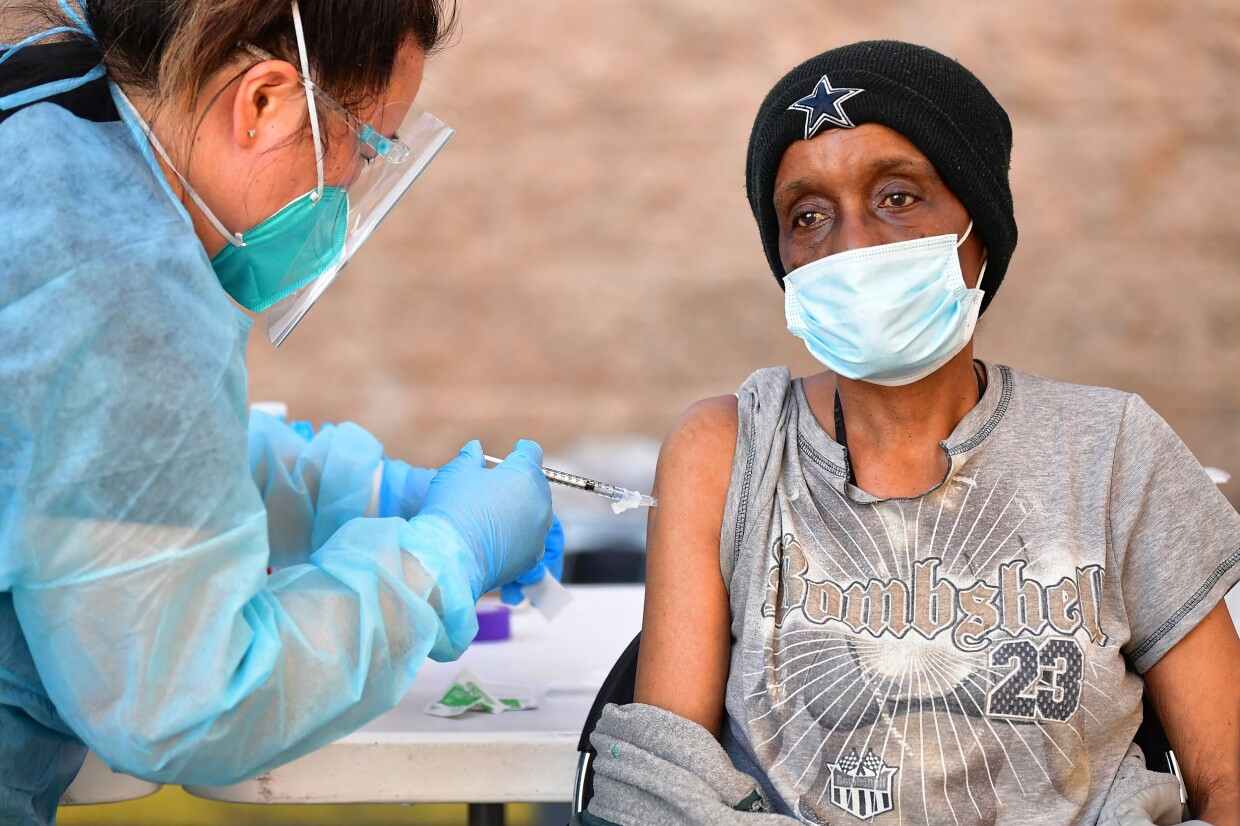
South Africa Starts Vaccinating the Homeless
South Africa’s health authorities have started vaccinating the homeless, one of the country’s most vulnerable communities, with one-dose vaccines to ensure full protection against the coronavirus.
It’s estimated that around 200,000 people live on South Africa’s streets, which is a vulnerable community that’s been hit extra hard by the COVID-19 pandemic due to the harsh outdoor environment and a higher rate of pre-existing medical conditions.
“[For] the homeless people, it has been a very tough time. Especially in the winter, they’re very susceptible to flus and colds. And where they may have co-morbidities already, TB for example or diabetes, many have HIV, these are serious health issues, which then can be impacted further by something like COVID,” said Reverend Annie Kirke, director of The Hope Exchange, a non-governmental organization that provides services to street people.
Thirty-one-year-old Robert Magadui is one of the first 14,000 homeless people in Cape Town to be vaccinated.
“I don’t have a place to stay. I have to struggle to eat. So the pandemic has made it very difficult for me, as far as being homeless is concerned. I’m living on the streets, I’m hungry and I needed assistance and here they gave me the vaccine,” he said.
The Western Cape Government says it will prioritize the use of the single-dose Johnson and Johnson jabs in its drive to vaccinate people living in remote, homeless and rural communities.
“For the homeless, we’re using J and J because it’s one dose. Because with Pfizer it means that you have to come back again in 42 days. And so we have to provide J and J. And I’m glad that now we will be pushing more to be used, and also in other homeless shelters, because we don’t want to bother people to come back because they will forget anyway about their return dates,” said Nomafrench Mbombo, Health Minister of Western Cape.
The homeless people in South Africa who want to be vaccinated will be able to sign up whether or not they have formal identity documents and then will be entered in South Africa’s Electronic Vaccine Data System.

